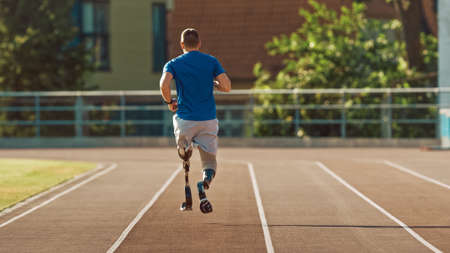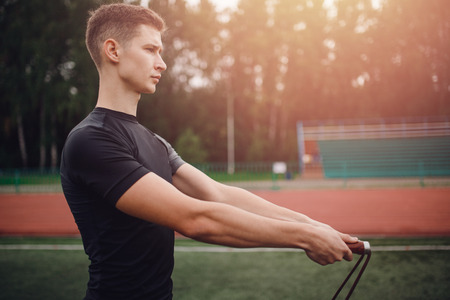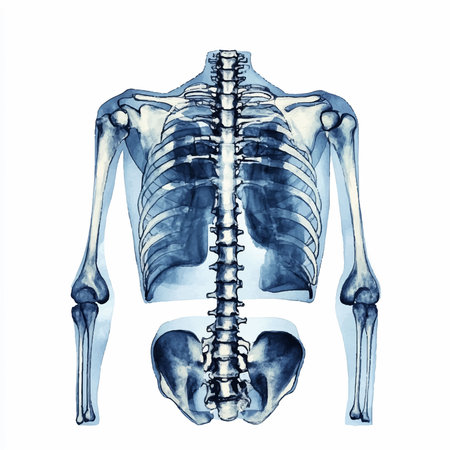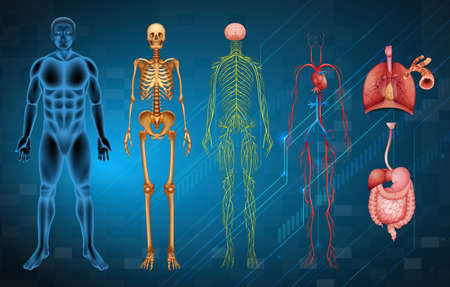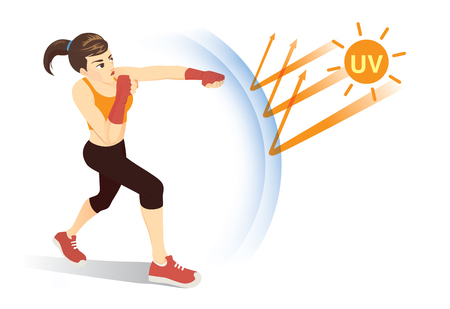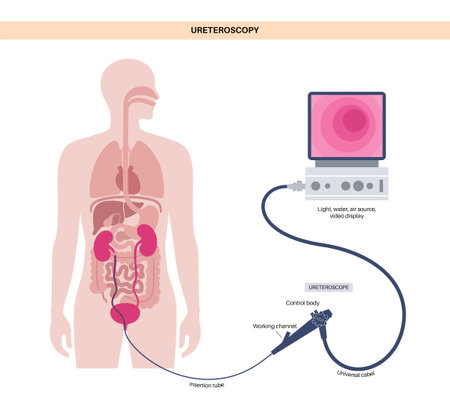Cultural Considerations in Exercise Prescription Across Diverse British Communities
Introduction to Cultural Diversity in the UKBritain is renowned for its vibrant cultural mosaic, shaped by centuries of migration, integration, and evolving identities. From bustling urban centres like London and Manchester to the close-knit communities in Wales, Scotland, and Northern Ireland, the UK is home to a remarkable range of ethnic backgrounds, languages, and traditions.…
